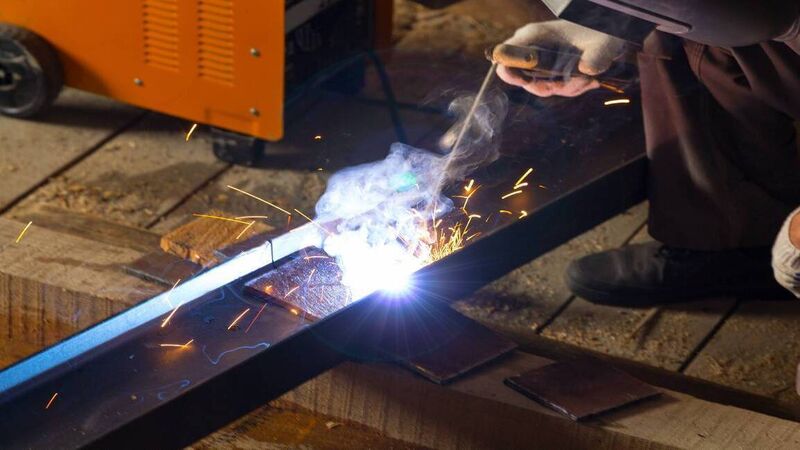As restrictions are lifted, Ireland's manufacturing sector continues to surge with new orders

The sector continued to add to the size of its workforce, with employment rising for a tenth month running.
Ireland's manufacturing sector maintained its rapid growth in July with orders reaching a new record for the third month running.
Output rose rapidly but was partly constrained by ongoing supply shortages. Cost pressures remained severe, and output price inflation accelerated to a new survey record.











